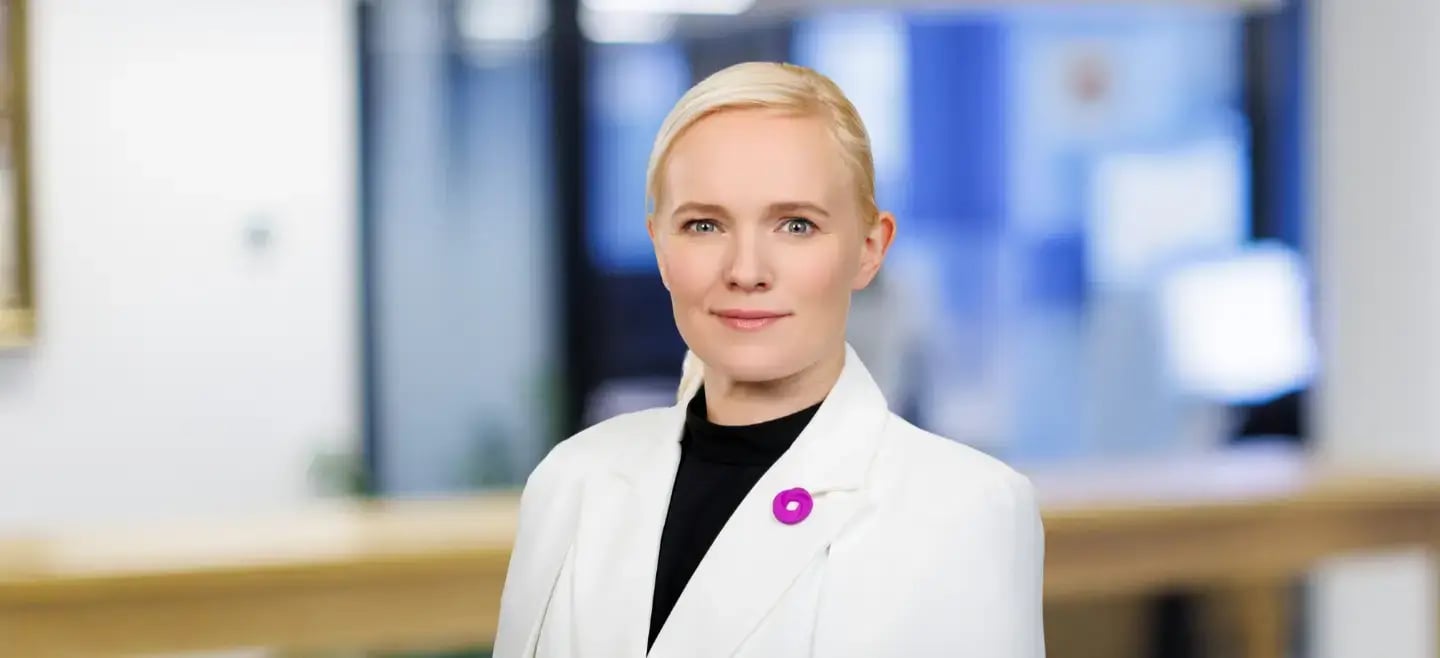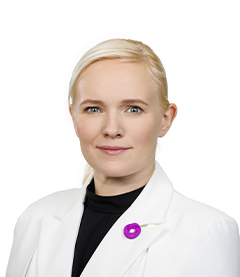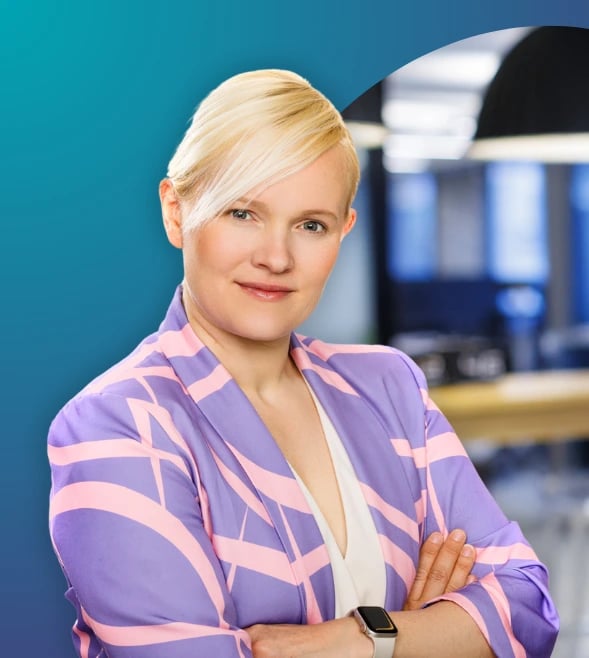To stay informed about economic developments, legal updates, and key trends in our services, subscribe to our newsletter.

Accounting has always been the heart of every business – a quiet yet vital engine that enables us to measure, trust, and guide complex financial activity. It empowers organisations to raise capital, make informed decisions, and drive sustainable growth.
Today, technology is transforming this foundation. Machines now perform many of the tasks that once required human effort. The question is no longer if technology will shape accounting, but how human wisdom will define its future in a world where machine precision is a given.
From clay tablets to the cloud
Accounting has evolved in step with civilisation and technology. From ancient record-keeping on clay tablets to the revolutionary double-entry system of the Middle Ages, the discipline has always advanced alongside human progress.
The digital revolution of the 20th century changed everything. Computers turned days of manual work into hours, and the introduction of Lotus 1-2-3 in 1983 — followed by Microsoft Excel — made automation mainstream. By the early 2000s, cloud-based accounting emerged, allowing businesses to access real-time data anytime, anywhere.
Today, cloud platforms have redefined financial management, offering live insights, predictive analytics, and collaboration tools that connect finance with leadership.
Smarter systems for better decisions
Cloud accounting solutions go far beyond convenience — they are now core strategic tools for business leaders.
- Real-time reporting creates visual dashboards that update automatically, without manual data entry.
- Collaborative access ensures accountants, project leads, and executives work from the same live data, reducing errors and improving decisions.
- Automated alerts flag when performance metrics drift from targets.
- AI-driven insights identify profitable products, predict customer behaviour, and suggest cost optimisation opportunities.
- System integration connects payroll, CRM, and project management tools for a complete financial picture.
With secure, real-time access to data, leaders can make confident decisions anytime, anywhere. Accounting has evolved from a back-office function into a strategic driver of success.
Embracing automation and AI
Automation is reshaping the finance function at every level. Machines now handle repetitive and rules-based processes — from invoice entry and tax reporting to reconciliation and compliance checks.
In Estonia, for example, tax declarations can be submitted directly from accounting software to the Tax Board — fully automated and always compliant with the latest regulations.
Artificial intelligence is pushing these boundaries further. As Forbes reports, AI can process massive datasets, detect anomalies, and automate workflows — helping firms serve more clients without increasing headcount.
Generative AI and Intelligent Document Processing (IDP) now enable end-to-end automation, cutting processing time and errors by over 80%. AI-powered ERP systems can plan workflows and optimise operations dynamically — reducing working hours by up to 40% and error rates by 94%.
Start-ups such as Basis AI have built intelligent accounting assistants that integrate with platforms like QuickBooks and Xero, automating data entry and validation while adapting to each client’s needs. Early users report time savings of up to 30%.
Even global corporations are seeing results. Coca-Cola, for example, implemented Robotic Process Automation (RPA) for supplier invoice processing — reducing turnaround times from days to minutes, minimising human error, and freeing teams for strategic work.
These examples make one thing clear: AI is not the future — it’s the present. And while machines bring precision and efficiency, they still rely on human oversight, ethics, and judgment to truly deliver value.
Human wisdom still matters
The accountant of the future will be much more than a number-cruncher. Technical expertise remains essential, but the role now demands strategic thinking, communication, and business insight.
Machines can automate tasks, but humans provide context, creativity, and ethical judgment. Accountants help leaders interpret data, see the bigger picture, and make responsible choices.
When business decisions reach the grey area between legality and ethics, accountability will always remain human.
In Estonia, the accounting services market is also moving toward a hybrid model — combining automation where it delivers quick wins with human expertise for complex or bespoke needs. This balance of technology and talent ensures quality, flexibility, and value.
The power of partnership: humans + machines
The future of accounting is not a competition between humans and technology — it’s a partnership. Machines deliver accuracy, speed, and reliability. People bring strategy, empathy, and creativity.
Automation frees accountants to focus on what matters most: advising, analysing, and helping businesses grow.
The most successful firms will be those that combine machine precision with human wisdom, and who have the courage to modernise rather than hold onto the past.
Sources:
- Forbes Finance Council. (2025). The Future of Accounting: Why Now Is the Time to Update Your Financial Practices. Forbes.
- Forbes Business Council. (2025). Accounting’s AI Revolution: Opportunities And Challenges. Forbes.
- Forbes Finance Council. (2024). From Automation to Autonomy: How Agentic AI Is Transforming Accounting. Forbes.
- CPA.com. (2025). CPA.com 2025 AI in Accounting Report.
- arXiv. (2025). Research on Generative AI for Finance and ERP Systems.
- arXiv. (2025). Intelligent Agents in Financial ERP Systems.
- Reuters. (2024). AI Startup Basis Raises $34 Million for Accounting Automation Agent.
- Reuters. (2025). Thrive-backed Accounting Firm Crete to Spend $500 Million on AI Roll-up.
- Basis. (2025). Accounting is the Unsung Hero of Modern Prosperity.
- Coca-Cola: Successful RPA Process Automation - Digital Robots.





